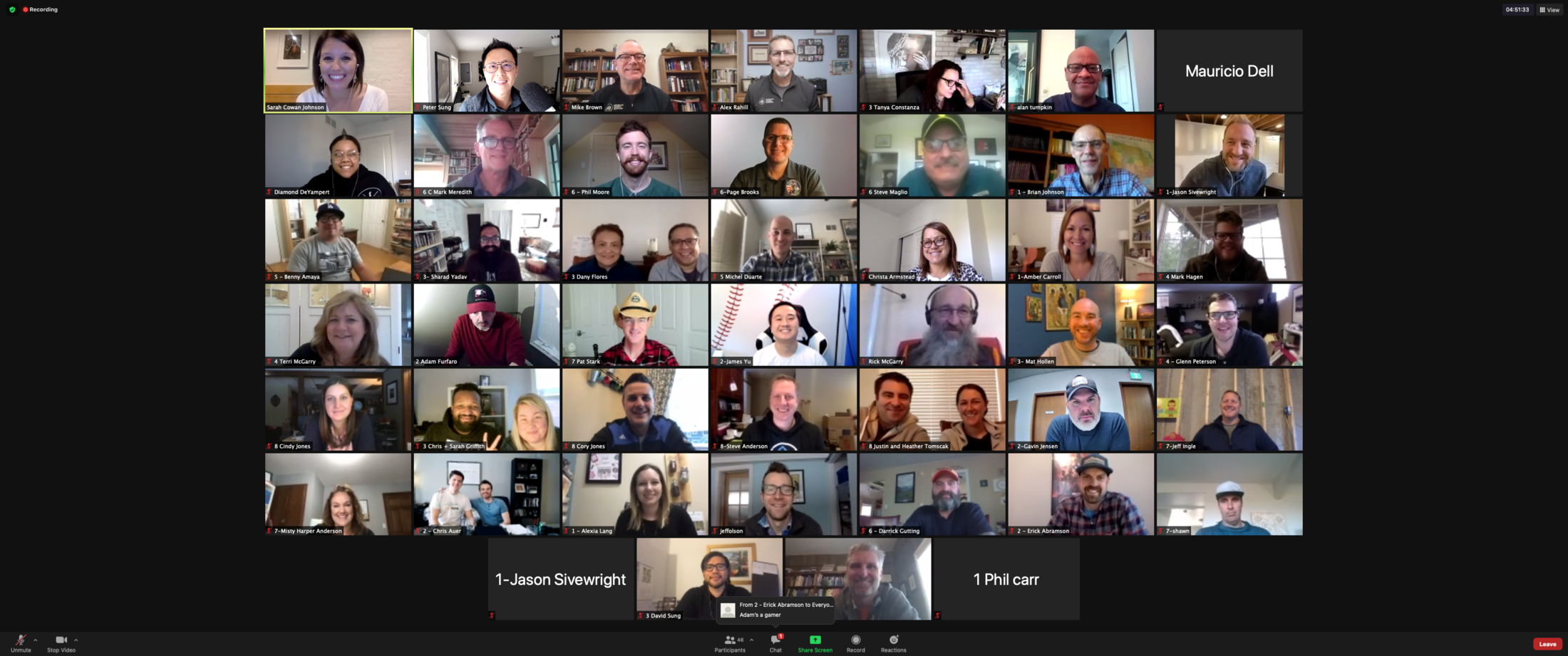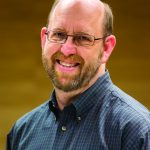Organizers of the first-ever virtual Church Planters Training Institute say the event was a great success, given the limits of not being able to meet in person.
A two-day training for English speakers was held on November 11-12. The training was held in Spanish on November 17-18.
The meetings demonstrate that the Covenant is committed to planting churches even amid the pandemic—and the denomination is more diverse than many might think, said Fil Nesta, director of Hispanic ministries for the Pacific Southwest Conference.
Thirty planters representing 21 potential new churches attended the sessions in English, said Paul Lessard, executive minister of Start & Strengthen Churches. Eight couples participated in the Spanish-speaking sessions. Two more couples joined a follow-up cohort meeting.
Nesta says the richness of the Covenant’s diversity was clear in the event for Spanish speakers where participants represented nine Latino countries: Argentina, Guatemala, Mexico, Chile, Brazil, Paraguay, Venezuela, Ecuador, and Colombia.
“People just look at us and think ‘Hispanics,’ but we are many cultures,” Nesta said.
The training addressed the topics of vision, mission, values, and foundations of church planting. Lessard said Start & Strengthen Churches hired a curriculum expert to adapt the content to digital delivery. The material was further contextualized for the Spanish speakers.
Whereas the pandemic has made life more difficult for churches, many of which have not met in person for months, it has created even more challenges for planters who must try to attract new participants virtually.
Nesta joked, “You feel like a telemarketer.”
Latino churches face additional technical, economic, and health hurdles related to the pandemic, Nesta said. “We have to show them how to build a digital structure from the beginning, but that takes money. We’re helping them to learn how to do it on a skimpy budget.”
He added, “It’s a scary time for church planters because most of them are in urban Covid hotspots,” Nesta said. Like other people of color, he says, they have suffered disproportionately worse economic and health devastation.
“You can’t pick grapes from Zoom, you can’t do construction from Zoom, you can’t be a housekeeper on Zoom,” Nesta said. “So a lot of our people are endangering their lives by going to work.”
After the training, church planters will continue to meet together in cohorts twice a month as they learn from and support one another.
“This is not just a training. This is a cohort,” Nesta said. “We call it a familia.”














